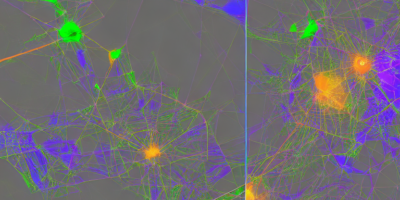Brain-computer interfaces (BCIs) have made significant progress in recent years, enabling individuals with severe speech impairments to communicate through text or even synthesized speech. This article delves into the latest advancements in BCI technology, specifically focusing on the development of closed-loop speech synthesis systems that can generate intelligible speech from brain activity.
Closed-Loop Speech Synthesis
BCIs work by interpreting brain signals and translating them into digital commands. In a closed-loop system, these commands are used to drive a speech synthesizer, creating an ongoing cycle of neural signal processing and speech generation. This approach allows for more accurate and efficient speech synthesis, as the BCI can continuously refine its output based on user feedback.
Advances in BCI Technology
Several recent studies have demonstrated impressive progress towards closed-loop speech synthesis. For instance, researchers from the University of California, Berkeley, developed a system that uses electroencephalography (EEG) to generate speech from brain activity in real-time. Similarly, a team from the University of Zurich created a BCI that can recognize and predict mild cognitive impairment using low-rank affinity pursuit denoising and matrix completion techniques.
Metaphors and Analogies
To better understand these complex concepts, consider the following analogies:
- Brain signals are like musical notes, each representing a different sound or action. By decoding these notes, BCIs can create intelligible speech.
- A BCI is like a translator between the brain and the outside world. It takes in brain signals and converts them into spoken language, allowing individuals to communicate more effectively.
- Closed-loop speech synthesis is like a feedback loop, where the BCI continuously refines its output based on user feedback. This creates a more accurate and efficient system for generating intelligible speech from brain activity.
Conclusion
In conclusion, recent advances in BCI technology have brought us closer to creating closed-loop speech synthesis systems that can generate intelligible speech from brain activity. These systems have the potential to revolutionize communication for individuals with severe speech impairments, allowing them to communicate more effectively and independently. By continuing to develop and improve these technologies, we can create a brighter future for those who rely on BCI-assisted communication.



